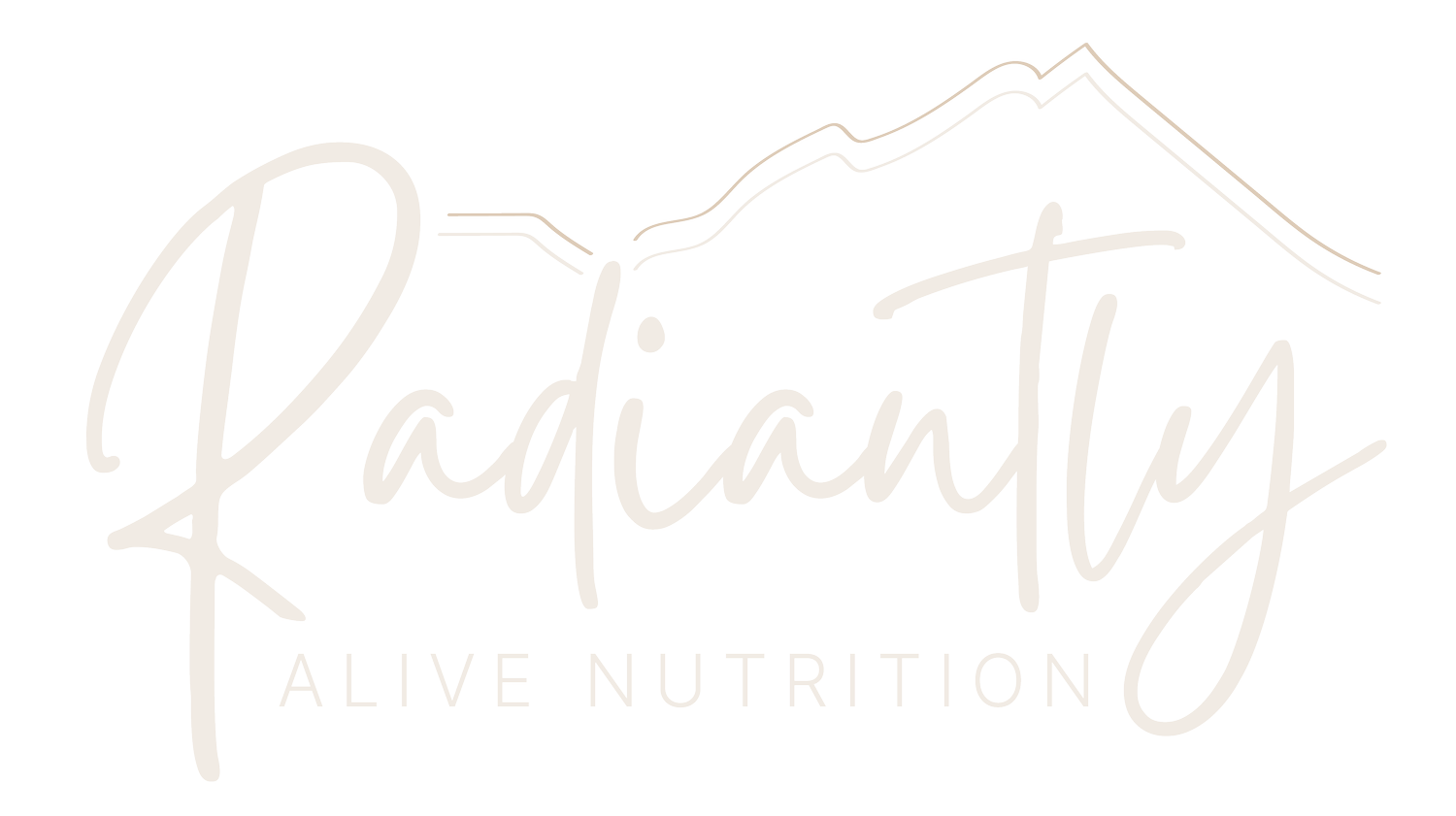Is your metabolism contributing to your inability to lose weight?
In the pursuit of a fit and healthy lifestyle, women often find themselves navigating through various exercise routines and dietary plans. However, the delicate balance between high-intensity exercise and caloric restriction can sometimes lead to unintended consequences, such as a slow metabolism.
In this post, we will explore how an excessive focus on intense workouts and calorie restriction may contribute to difficulties in weight loss and hormone imbalances for women.
While high-intensity exercise has its merits, there is a common misconception that more is always better. For many women, this belief can lead to excessive workouts that place immense stress on the body. Intense exercise sessions trigger the release of stress hormones, such as cortisol, which, when chronically elevated, can negatively impact metabolism.
The Caloric Restriction Paradox:
On the other side of the spectrum, caloric restriction is often seen as a quick way to shed pounds. However, when taken to extremes, this approach can backfire. Severely limiting calorie intake signals to the body that it is in a state of scarcity, prompting it to slow down the metabolism to conserve energy. This adaptive response, meant to protect against potential famine, can hinder weight loss efforts.
The Slowed Metabolism Conundrum:
Metabolism is the complex process by which the body converts food into energy. When the metabolic rate slows down, fewer calories are burned at rest, making it challenging for women to lose weight. The combination of high-intensity exercise and caloric restriction may create a perfect storm, pushing the body into a survival mode that prioritizes energy conservation over weight loss.
Hormone Imbalances and Weight Struggles:
A slowed metabolism doesn't just affect the body's ability to burn calories efficiently; it can also disrupt hormonal balance. In women, hormonal fluctuations play a crucial role in regulating metabolism and weight. Chronic stress from intense workouts and insufficient caloric intake can disrupt the delicate balance of hormones such as cortisol, insulin, and thyroid hormones, further complicating metabolism and weight loss efforts.
Finding Balance:
Achieving a healthy lifestyle involves striking the right balance between exercise, nutrition, and rest. Instead of relying solely on high-intensity workouts and strict calorie counting, women should consider incorporating a mix of aerobic and strength training exercises. Additionally, adopting a well-rounded and nourishing diet that meets the body's energy needs can help prevent the negative consequences associated with extreme practices.
While the allure of quick results through high-intensity exercise and caloric restriction may be tempting, it's essential for women to recognize the potential pitfalls. A slowed metabolism resulting from these practices can contribute to weight struggles and hormone imbalances.
By adopting a balanced approach to fitness and nutrition, women can achieve sustainable and long-term health, fostering a harmonious relationship between their bodies and their wellness goals.
Apply here and let's chat about your metabolism and weight loss questions!

